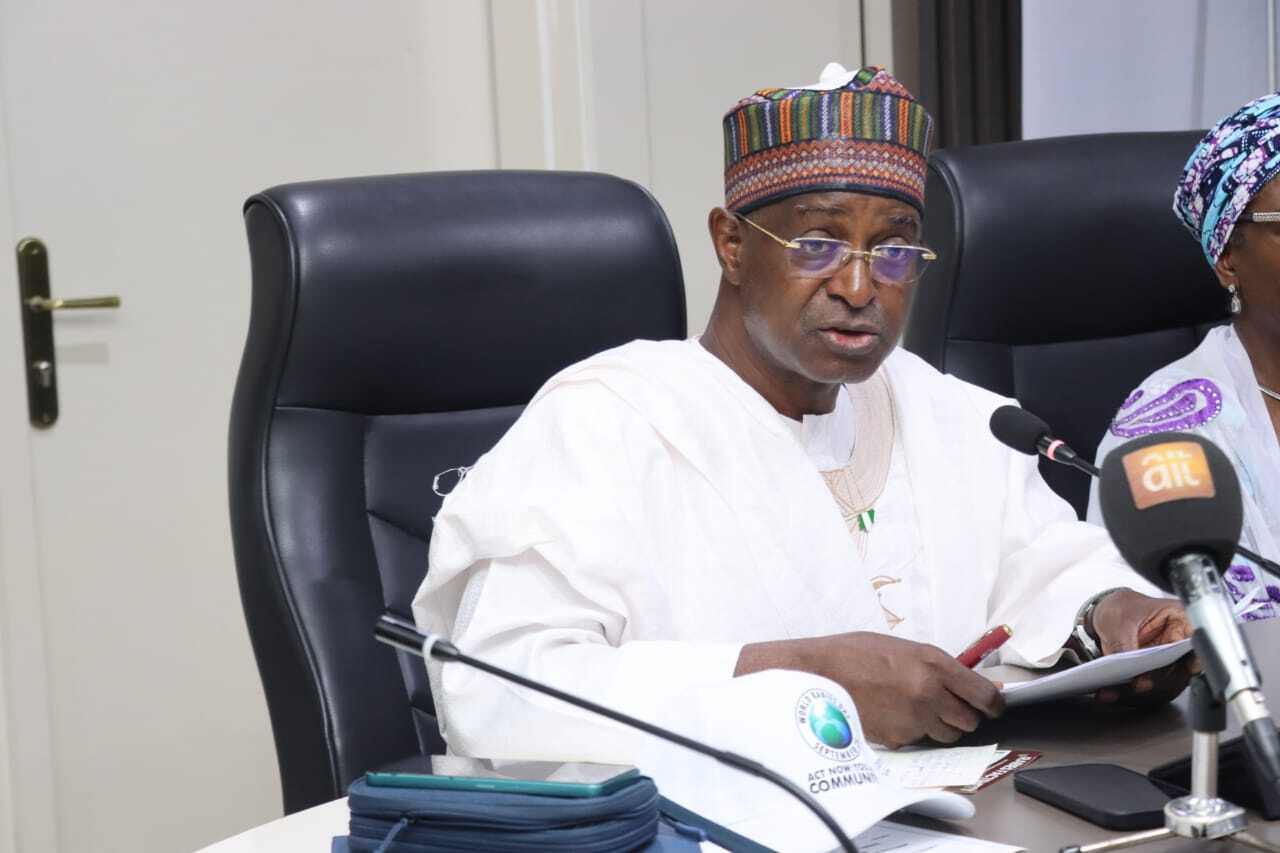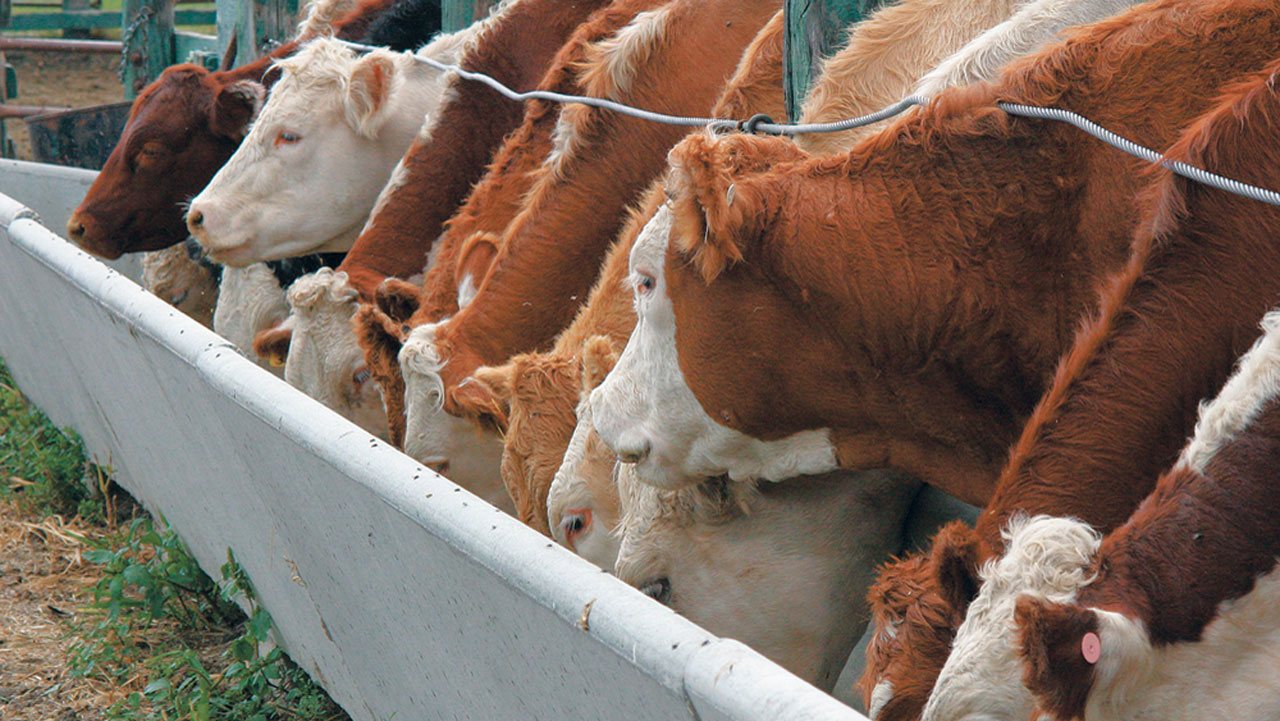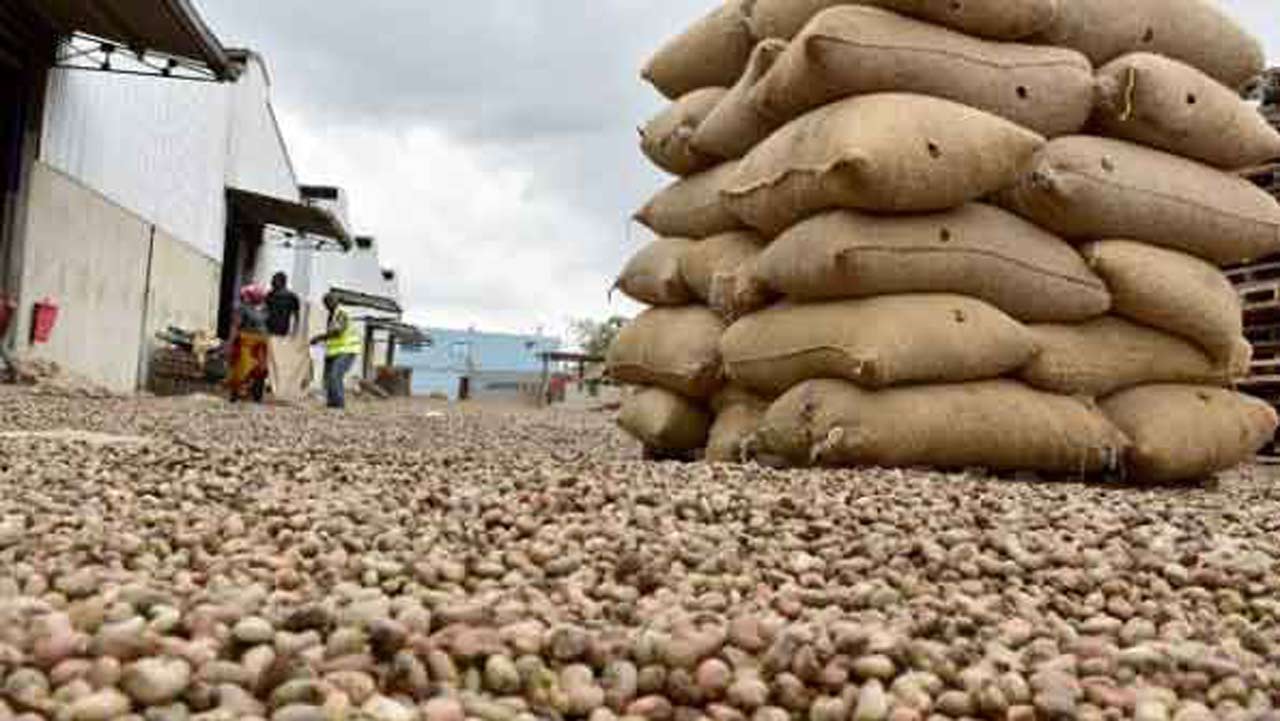Low level of mechanisation is one of the major challenges bedeviling Nigeria’s agriculture sector. It is not only negatively impacting farmers’ cultivation capacity, and overall livelihood, it has continuously posed a serious threat to the country’s food security dream.
According to experts, this development is attributed to poor infrastructure and maintenance, limited access to credit and extension services and scarcity/high cost of machinery, among others, but scarcity/high cost of tractors is assumed a major albatross for Nigeria to become a mechanised country.
The Guardian investigations showed that many farmers have been discouraged from procuring tractors, as the cost has increased tremendously over the years. For now, the cost of clearing imported tractors in Nigeria ports is incredibly high – sometimes as much as 40 to 50 per cent of the tractor’s purchase price. One aggrieved farmer, who voiced his anger on X (formerly Twitter) few months ago, lamented that he paid N15m to clear a tractor purchased at the rate of N33m.
Sadly, based on available reports, due to this development, hiring of a tractor has increased to N205, 000 per day, forcing many farmers to return to the use of hoes and cutlasses. This has also impeded investment of agro-preneurs and discouraged many potential farmers planning to venture into farming.
To address this menace, a Nigerian agricultural mechanisation company – TracTrac Mechanisation Services Limited has taken steps to bridge this gap, by providing equipment that is practical for the realities of smallholder farming, and ensuring that mechanisation is not just a theoretical concept, but a tangible tool that directly reduces drudgery, increases timeliness, and improves yields.
TracTrac is an agricultural mechanisation company using a digital platform, flexible financing, and a trained network of Mechanisation Service Providers (MSPs) to offer tractor leasing and financing solutions for smallholder farmers across Nigeria and Africa.
Founded in 2019 and incorporated in 2020, the company has become a key player in bridging the mechanisation gap by empowering smallholder farmers with seamless access to mechanisation services and financial tools tailored to their needs. Its services also enhance productivity, reduce labour intensity, and foster sustainable agricultural practices by bridging the mechanisation gap.
The Chief Executive Officer of the firm, Godson Ohuruogu, told The Guardian that in the last three years, TracTrac has positively impacted the lives of 125,000 farmers across Nasarawa, Abuja and Kaduna states through its innovative technology and inclusive solutions to boost their crop yields.
In addition, the firm has deployed 804 tractors to these states over the past six years, thereby improving farmers access to mechanisation during critical planting periods, leading to average yield improvements of 15 to 20 per cent reported by participating farmers, cost savings of 25 to 40 per cent through shared tractor services and flexible payment plans, with 2,512 MSPs active on the TracTrac platform.
Ohuruogu added that over the past year, it has trained over 2,500 youths, aged 18 to 35 in mechanisation, and related services. He added that by next year, it aims to train 6,000 people in selected states and deployment of 583 additional tractors to boost Nigeria’s mechanisation density.
“Lack of mechanisation forces farmers to rely on hoes and traditional methods. What a tractor can do in one day, will take 40 people to do in 80 days.
“TracTrac is implementing its flagship initiative, Improving Smallholder Farmers’ Access to Small-Scale Agricultural Mechanisation (ISSAM) in partnership with the Mastercard Foundation. The programme is focused on transforming agricultural practices over five years.
“ISSAM is projected to directly engage 135,000 smallholder farmers, enabling close to 5,000 new and existing MSPs to become active participants in the rural economy. The initiative has been designed with a deliberate emphasis on affordability and appropriateness of technology.”
Equally important, Ohuruogu says, is the programme’s social dimension. He noted that ISSAM deliberately places women and youth at the centre of its design by creating pathways for enterprise development through training, mentorship, and access to finance.
“Community sensitisation efforts, led in partnership with Women in Mechanised Agriculture (WIMA), are helping to shift perceptions and open opportunities for groups often excluded from agricultural decision-making and investment.
“In this way, ISSAM is more than a mechanisation project; it is an inclusive economic empowerment initiative that connects technology, finance, and human capital for lasting change. From 2023 to 2028, the ISSAM initiative will onboard 135,000 smallholder farmers (SHFs) and close to 5,000 MSPs in two phases.
He added that all the MSPs will undergo training in equipment use, maintenance, and entrepreneurship to establish viable enterprises. He added that the SHFs will receive education on the benefits of mechanised farming and access to the TracTrac Plus platform, which connects them to innovative mechanisation solutions.
“TracTrac will partner with financial institutions to provide affordable financing and flexible repayment options for grants and loans, ensuring equitable access to mechanisation services and fostering long-term productivity.”
One area TracTrac services differ from others is that it has simplified farmers access to tractors through online order for tractors similar to the car hailing services. “With TracTrac Plus, we created a technology platform to connect smallholder farmers with tractor owners, as many farmers were distant from services, and tractors often sat idle after use. TracTrac operates like Uber or Bolt, linking tractor owners with farmers regardless of location. Farmers can access the platform to find available tractors in their state.
“Our platform, TracTrac Plus, is on the Play Store. From August 1 to 31, we recorded 2,500 downloads, with thousands more since. It connects farmers and tractor owners efficiently, deploying tractors wherever needed. Over the next five years, we aim to increase working tractors in Nigeria.”
While proffering solution to tractor challenges in the country, Ohuruogu said: “Firstly, the government and private sector should establish plants to assemble small, lightweight tractors, like those from Pisto in Ilorin. Secondly, the government should fund these setups. Thirdly, they should support capacity development for mechanisation service providers (MSPs), such as hire agents and tractor operators. We’ve trained thousands, but more training is needed to expand the ecosystem.
“The government should reduce customs duties and tariffs on imported tractors to lower costs for farmers and cooperatives. An enabling environment would encourage more private sector players to increase tractor availability and address low mechanisation density,” he advised.






